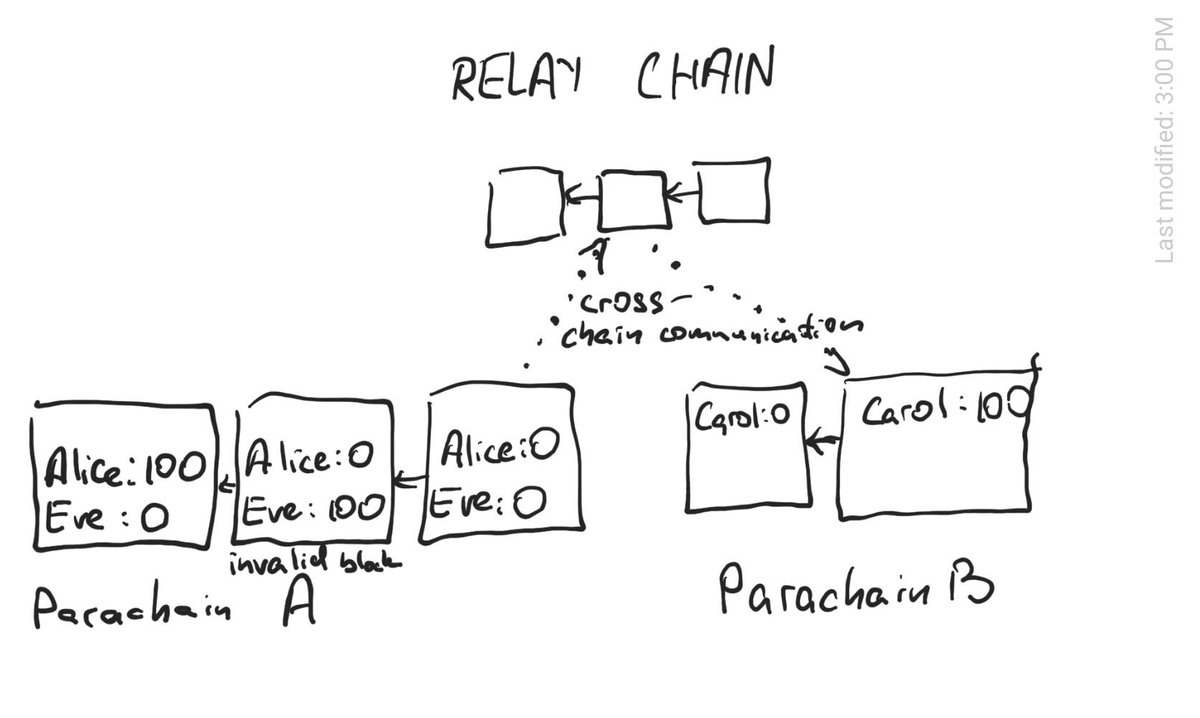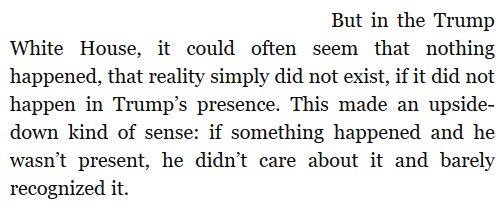Before we go, a reminder that you can learn more about the technical intricacies of the protocols in our whiteboard sessions with them:
This is certainly a possibility, validators' first and foremost goal is to make money, so assuming that the majority of them are not corruptible is unreasonable.
It is similar to how if Ethereum Classic rolls back, Ethereum will not rollback to keep any "atomic swaps" that occurred in the meantime atomic.
It is a fundamental dilemma in sharding under an adaptive adversary, read more here: near.ai/shard2








